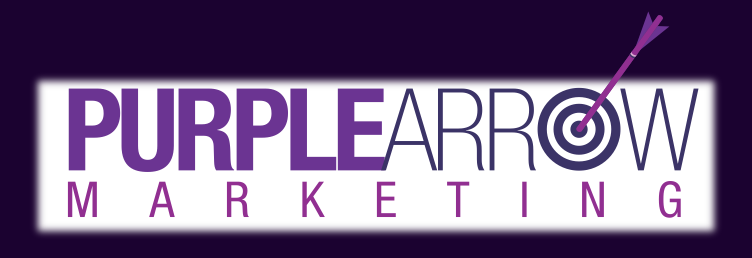This week marks the 50th anniversary of National Small Business
Week. Although things have certainly changed since President Kennedy signed the
first Presidential Proclamation in 1963, one thing that hasn't changed is
America's entrepreneurial spirit and the important role that small business
owners play in our economy and our communities.
The way we market our companies has also changed
dramatically. If we take a look at the very rudimentary definition of
marketing: "the action of promoting and selling products or
services", we can see how much this has changed over the years. The
introduction of the web alone has changed the game completely.
Many very successful business owners have turned to us and
almost whispered, "what the heck is SEO?" We try to
break it down very simply by saying: "SEO stands for "Search Engine
Optimisation" which simply means working behind the scenes so that when
people look for you on the web in places like Google, they find you in the
first page."
The problem is, it's a constant battle to stay on the top
page. Search engine optimization (like the web) is live and therefore always
changing. "Even if you don’t think search results are the main business
driver for your company, good SEO is important for building credibility and
authority" ( Forbes
article, April 2013) If you’re at the top of the search results, you’re
also assumed to be an industry leader. In addition to freely generating direct
sales, you earn media attention, attract business development deals, and very
effectively build positive brand awareness.
Here are some tips that will help you think strategically
about growing your Web presence:
1. First and foremost: SEO is hard work. There is no way
around it. Don't fall for easy "tricks" to improve SEO
Phil
Laboon ofEyeflow says: "Many people are saying that Google’s new Panda and
Penguin updates are making SEO more complicated, but in reality, they are just
eliminating all the “tricks” and making SEO easier. At its core, SEO is the
same as it’s ever been — high-quality natural links and high-quality original
content. It's important to take the time (or hire a team) to create good
content (what we call "thought leadership": how-to guides, blogs,
educational videos) and push it out through as many channels as possible. If
you do this, the links will come, and so will the organic rankings and traffic.
If you want to see all the factors that search engines use to “grade” your
site, there are many tools that can give you a snapshot of your SEO vitals. A
good site where you can see these factors without logging in or downloading software
is called SEOzio .
2.
Have a plan and focus on conversions
Stephen
Woessnerof Predictive ROI comments that what most business leaders don’t
realize is that you can not only measure SEO’s return on investment, but you
can — and should — predict it before you implement any optimization strategies.
In the end, rankings don’t matter. Traffic doesn’t matter. Only conversions
matter, because they can be measured in dollars and cents.
3. Study your competition
Competitive intelligence has great value for business
leaders in many areas. It can help counter competitive threats, seize otherwise
unseen opportunities, benchmark leaders in your competitive landscape, and
identify your strengths and weaknesses and those of your competitors.
Competitive intelligence in SEO is no exception, and you need to learn all you
can about the Internet marketing strategy of your competitors for all these
same reasons.
Michael Marshallof Search Engine Academy talks about how in SEO, you not only need to know what competitors are doing, but also know how the industry is changing. Since the world of Internet marketing is constantly growing, it is of vital importance to stay ahead of the competition by keeping up on the industry’s latest strategies and best practices.
4. Finally, don't rely on SEO as your only source of
organic traffic on the Web!
You need to have a good mix of tactics that include blogs,
emails and social networks. As Rand Fishkin of SEOMoz
says: "SEO is a powerful tactic, but one that needs to fit into a broader
set of inbound marketing channels. The combination of these channels into an
inbound strategy can be very powerful, as visitors from these sources tend to
be high-loyalty and have a lower cost-to-acquire."
Don't hesitate to contact us for further information as we'd
be happy to go over your current SEO tactics! www.purplearrowmarketing.com
